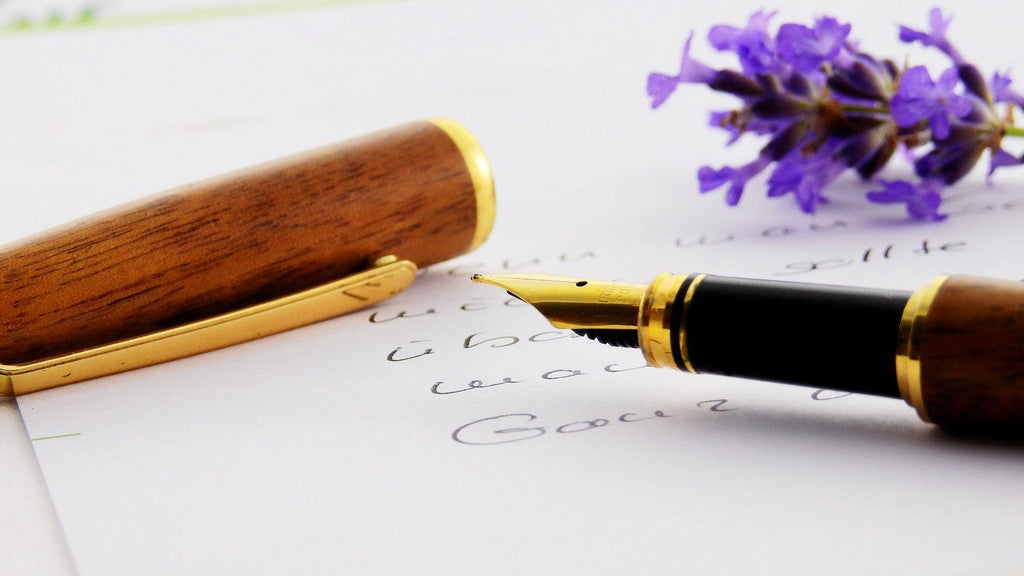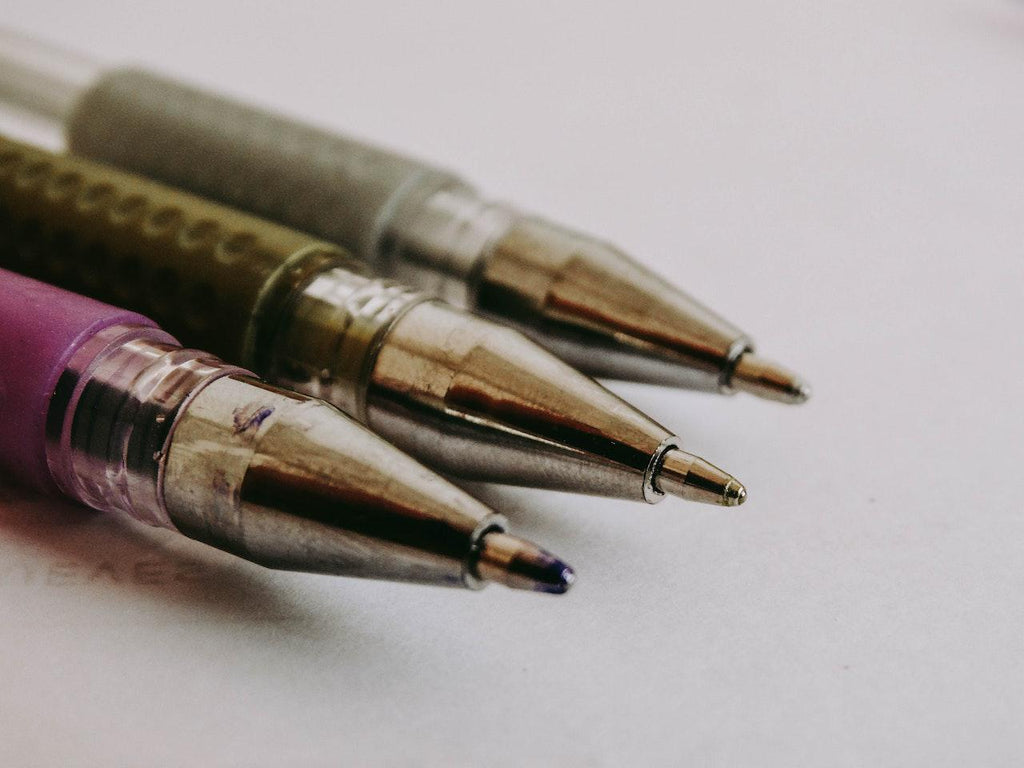
Fountain pens are some of the most sophisticated and elegant tools for writing available today. Whether for journaling, note-taking, letter-writing, or even calligraphy, there are many ways to use and enjoy fountain pens.
These writing instruments are also referred to as reservoir pens since they can store ink safely through a cartridge, converter, or even in the body of the pen itself. This gives any fountain pen user the freedom to try an endless variety of fountain pen inks. Not only that, but fountain pens also have a wide range of nibs, from extra fine to bold.
All of these great characteristics of fountain pens may make you wonder how they came to be in the first place. There are many fun facts that you might not know about these great pens, so we’ve listed some of the most interesting ones for you!
Fountain pens date back as early as the year 973
Fountain pens date back much farther than you might think! The earliest mention of a pen with an ink reservoir was in 973. Caliph Ma’ād al-Mu’izz of Maghreb in Northwest Africa requested a pen that would prevent his hands from getting stained. He was able to get a pen that held ink inside.
In the 17th century, another pen with an inner reservoir was mentioned. German inventor Daniel Schwenter used two quills to make a version of a fountain pen. One quill which held the ink was placed inside the other and closed with a cork. Ink passed through a small hole and led into the nib.
Ballpoint pens replaced fountain pens in WWI.

In World War II, fountain pens were replaced by ballpoint pens because the latter didn’t leak at high altitudes.
Writing with fountain pens can make your hand feel better.
Writing with a fountain pen has been shown to reduce cramps, hand pain, and hand fatigue. This is because far less pressure is needed to write when using this type of pen. The ink flows more smoothly through the feed and down to the nib, allowing it to flow over the paper. This is because the fountain pen helps you write using its own weight, allowing your hand to relax from the heavy work of writing for long periods!
They are thought to improve academic performance.
Some countries believe that fountain pens can actually improve academic performance. This is because fountain pens teach children better control over their writing, including reducing the number of mistakes made. Holding a pen incorrectly or with too much pressure may also feel unnatural, so a comfortable grip on a fountain pen can contribute to better writing.
Fountain pens will adapt to the way you write

Fountain pens are special indeed because they change depending on the way you write! Over time, nibs wear in and wear down after writing millions of lines and letters. This will cause the tip of the nib to eventually grind down to the angle at which you hold the pen.
If you’ve ever wondered why borrowing someone's fountain pen or lending out your own may feel slightly uncomfortable — and now you know why! It may feel strange, and someone else may feel the need to hold your pen at a different angle.
The fountain pen was a revolutionary invention.
Before fountain pens, quills with no ink reservoirs were used to write out basically anything. These pens were dipped and re-dipped into ink bottles in order to write. This also made writing prone to staining because ink may have dripped onto documents.
The fountain pen was the first solution for these problems. The most important feature here was the ink reservoir, which allowed the storage of ink with no messes or spills. The ink then passed down to the feed, which let ink flow into the nib using gravity and capillary action. Some rare fountain pen models even had ink tablets that were dissolved in water and then poured into the fountain pen!
More left-handed people use fountain pens.
It may be surprising to know that more left-handed people use fountain pens than right-handed people do around the world.
The largest fountain pen was over seven feet long.
While fountain pens come in all shapes, sizes, and colors, there was a surprisingly large fountain pen created that measured over seven feet and wrote nicely on an equally gigantic piece of paper.
Millions of fountain pens are sold every year.
More than 100 million fountain pens are sold each year globally! The biggest markets are India, the Middle East, China, and Pakistan. Brands like Parker, Pelikan, and Mont Blanc continue to lead sales worldwide.
The Bottom Line
These curious little facts about fountain pens highlight how unique and variable they are, but it also shows how powerful the pen can be. By appreciating the qualities of this incredible writing instrument, it allows us to turn words and images into something more beautiful and powerful.
By Some Folks at EndlessPens







